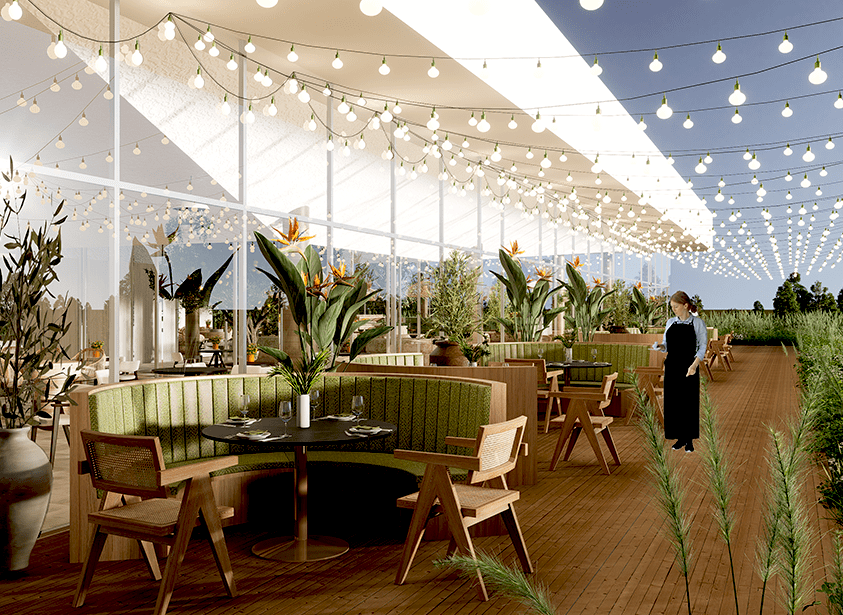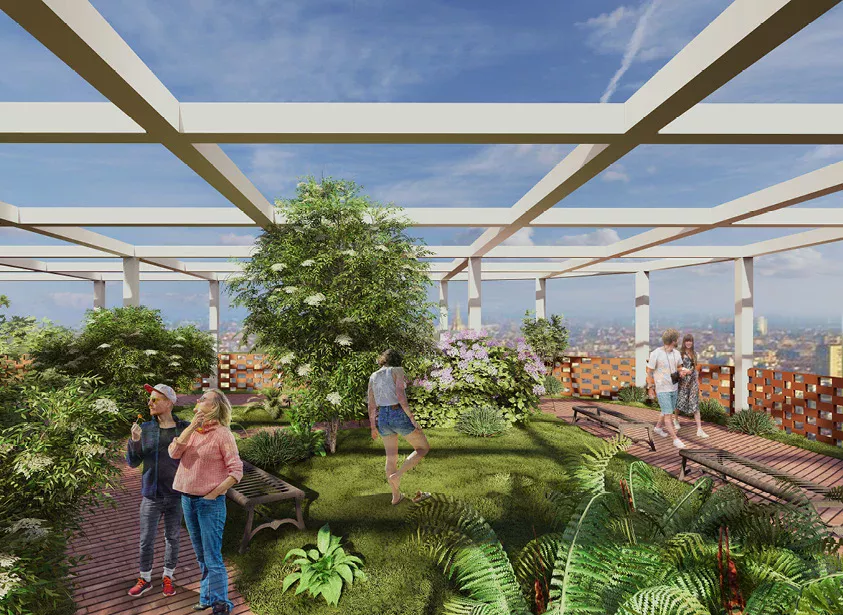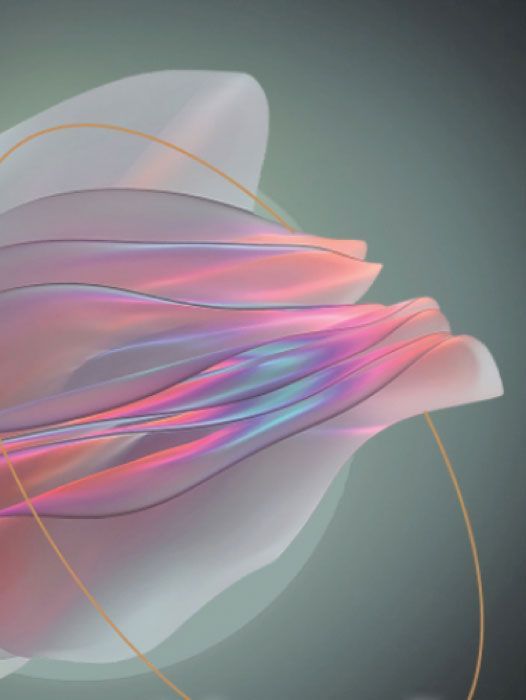Domus Academy offers special courses addressed to students, professionals, and companies who want to enhance their expertise with a highly formative experience. You can choose among the Summer Courses or the Tailored & on Demand Courses.
Domus Academy Summer Courses 2024/25
For the academic year 2024/25, Domus Academy Summer Courses will be available exclusively for groups. Universities, associations and organizations may request a course activation, subject to meeting the required minimum number of participants.
For further information or to enquire about organizing a group course, please contact us. Our team will be pleased to assist you in designing a tailored educational experience.











